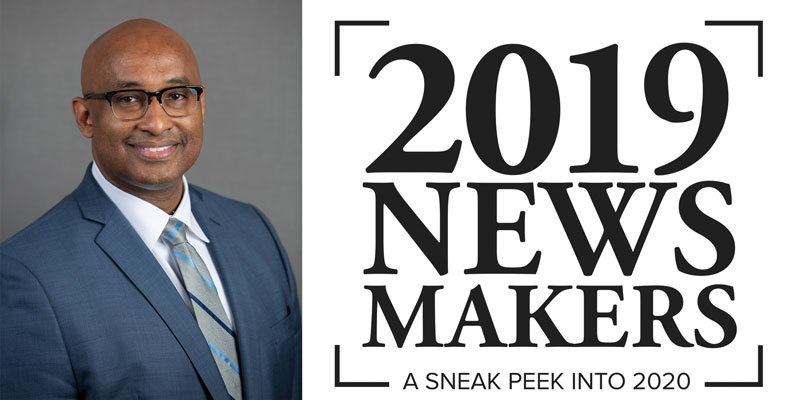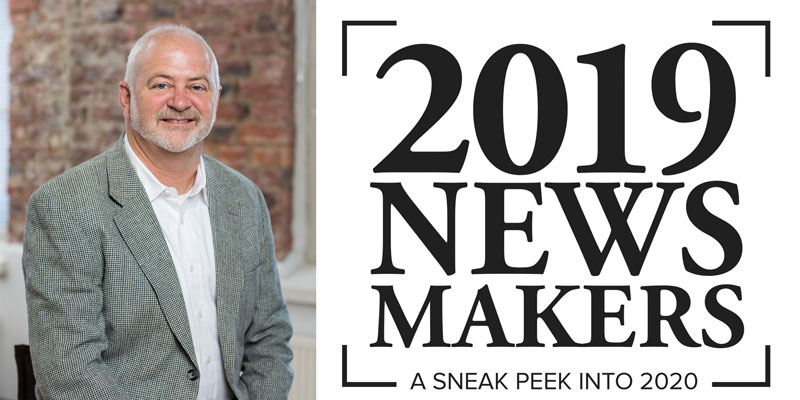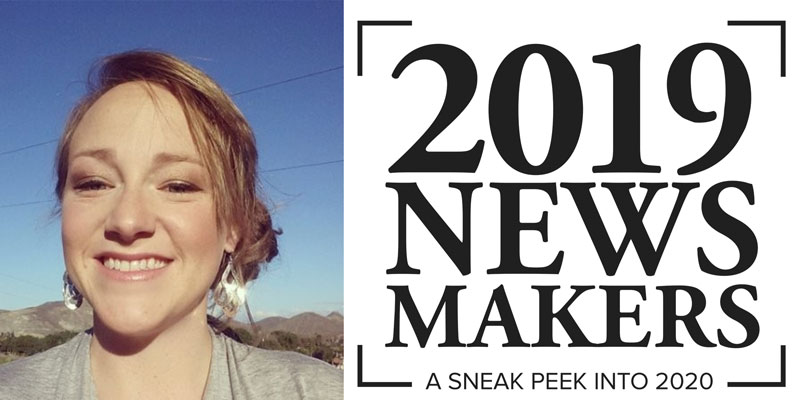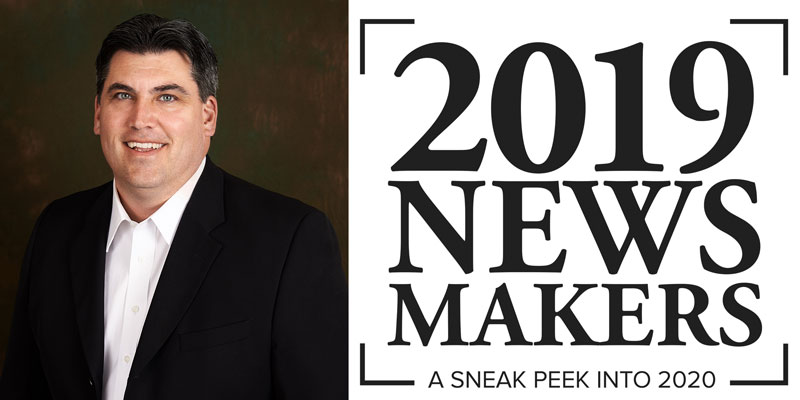
You know that marijuana has been legalized for recreational use in multiple states including California and Colorado. You know that more than half of states permit the use of marijuana medicinally. And, you even know that some jurisdictions prohibit discrimination against employees who are medical marijuana cardholders, but what does that all mean to you and your business? If you are not sure, read on!
Under federal law, marijuana use for any purpose is still illegal. Thus, there is no obligation under the Americans with Disabilities Act (“ADA”) to accommodate users of medical marijuana. Thus, it is state and even local laws and ordinances that drive the medical marijuana discussion. However, the ADA principles related to non-discrimination, the interactive process and reasonable accommodation are still helpful to follow if you’re in a jurisdiction that has anti-discrimination protections.
If you are wondering when this issue comes up and how you should not handle it, let me tell you a cautionary tale.
A Connecticut Case Study
Katelin Noffsinger had post-traumatic stress disorder after an accident, and she used medical marijuana to treat it. She was offered a position as an activities manager with a health and rehabilitation center in Connecticut, but the center had a “zero-tolerance” policy on drug use.
Noffsinger disclosed during the hiring process that she was a qualified medical marijuana user, and she — unsurprisingly — tested positive for THC, the active ingredient in marijuana. The rehabilitation center withdrew its job offer, and Noffsinger filed suit.
How does that fit in with Connecticut’s law, you ask? Well, the Connecticut Palliative User of Marijuana Act (PUMA) allows persons to use medical marijuana for certain specified reasons and prohibits employers from discriminating “solely because of the person’s status as a qualifying medical marijuana patient under state law.” The employer tried to get the lawsuit dismissed by arguing that the Connecticut PUMA was preempted by federal law, but the court rejected that argument.
Require all employees to disclose when they are taking any medication – even a legal one – that might impair their ability to perform their job safely or competently.
In September, the court granted summary judgment to Noffsinger on her PUMA claim. As the court noted, “The facts are undisputed here that the plaintiff’s job offer was rescinded because of her positive drug test result and that this positive drug test result stemmed from the plaintiff’s use of medical marijuana pursuant to her qualifying status under PUMA.” More specifically, the court rejected the employer’s argument that it had to withdraw the offer to be in compliance with the federal Drug-Free Workplace Act. As the court noted, the DFWA does not require employers to withdraw job offers from individuals who test positive for drugs, nor does it even require drug testing. The court also rejected the employer’s argument that the federal False Claims Act required it to refuse to hire someone who tested positive for marijuana.
The court also found that there was no difference between discriminating against an employee because of his or her “status” as a medical marijuana user and discriminating against an employee because of his or her “use” of medical marijuana. Making that distinction, the court said, “makes no sense and would render the statute’s protection against PUMA-based discrimination a nullity because there would be no reason for a patient to seek PUMA status if not to use medical marijuana as permitted under PUMA.” In the end, the court found revoking Noffsinger’s job offer because of medical marijuana use violated state law and that decision will cost the employer.

Common Sense Counsel
There are no guarantees in employment law and a one-size-fits-all approach will rarely be perfect for your company. However, these six tips should help you stay in compliance, even if you are in a jurisdiction that prohibits discrimination against medical marijuana cardholders:
- Make sure that your job descriptions clearly indicate when a position is “safety-sensitive.” Include the ability to work in a safe and alert manner as essential functions of the job.
- Make sure that your drug-free workplace policies comply with all applicable state and local laws. If you operate in multiple states or cities, take the time to review all applicable laws and ordinances in those jurisdictions.
- Require employees to disclose when they are taking any medication (even a legal one) that might impair their ability to perform the job safely or competently. When such disclosures are made, be sure to engage in the interactive process and consider reasonable accommodations that will allow the employees to continue working. If you believe you need to take adverse action against an employee because the employee is on a legal medication of any kind – for example, withdrawing someone’s job offer or firing someone – consult with your favorite employment counsel first.
- If you have not already done so, train your human resources department, supervisors and managers about the ADA, applicable state or local disability discrimination laws and the reasonable accommodation obligation. Make sure that they understand that these obligations might apply in the context of an applicant or employee who possesses a valid medical marijuana card.
- Make sure that your company’s Medical Review Officer or occupational physician understands the principles of disability discrimination, the interactive process and the reasonable accommodation obligation. Then, request a fitness-for-duty assessment before you consider taking adverse action against an employee who has a valid medical marijuana card.
- Last but not least, take a team approach. Consult with your employment counsel throughout all of these steps and whenever you have any questions.
Fine Print: This column is made available by the attorney and publisher for educational purposes only, to give you general information and a general understanding of the law, not to provide specific legal advice or to establish an attorney-client relationship. This column should not be used as a substitute for competent legal advice from a licensed professional attorney in your state.
Susan Bassford Wilson and Thomas M. Eden are partners with the nationwide employment law firm of Constangy, Brooks, Smith & Prophete, LLP. Susan can be reached at [email protected] or on Twitter at @bassfordwilson.
Check out the rest of the April digital edition of Tire Review here.














